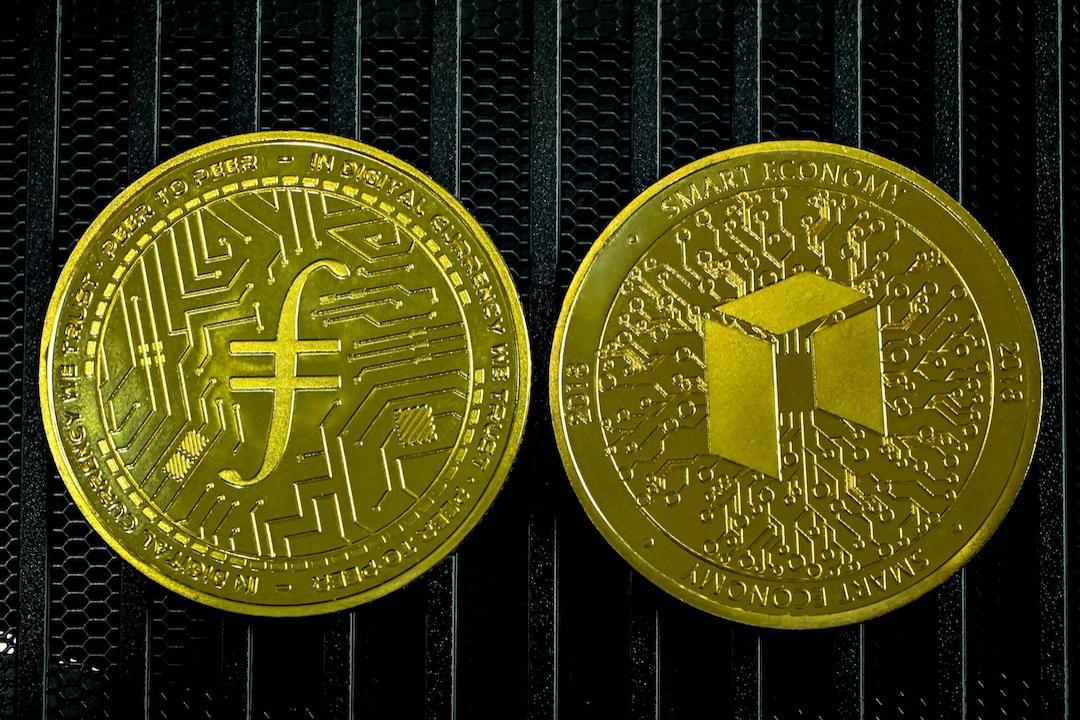The Bahamian government is set to compel commercial banks to distribute its central bank digital currency (CBDC), known as the Sand Dollar. Despite accounting for less than 0.41 percent of the currency in circulation and experiencing declining usage, the Central Bank of The Bahamas has decided to take action instead of shutting down the CBDC. In an interview with Central Bank Governor John Rolle, it was revealed that regulations would be implemented to force commercial banks to distribute the CBDC. This move comes after the government’s initial attempts to incentivize adoption failed. In contrast, the private sector would typically adjust or close a business that fails to attract customers, but government projects have a different trajectory. Unlike in the private sector, government projects rely on public funds, and the government has the power to resort to force if necessary. This is evident in the Nigerian government’s actions to increase CBDC adoption by pulling cash from circulation, resulting in protests and riots. While the Bahamian government’s approach is less extreme, it still demonstrates the fundamental difference between public and private sector initiatives. Unlike businesses, governments can enforce the use of CBDCs, which raises concerns about personal freedoms. It is important to consider that if something needs to be forced, it may not be a good idea.

